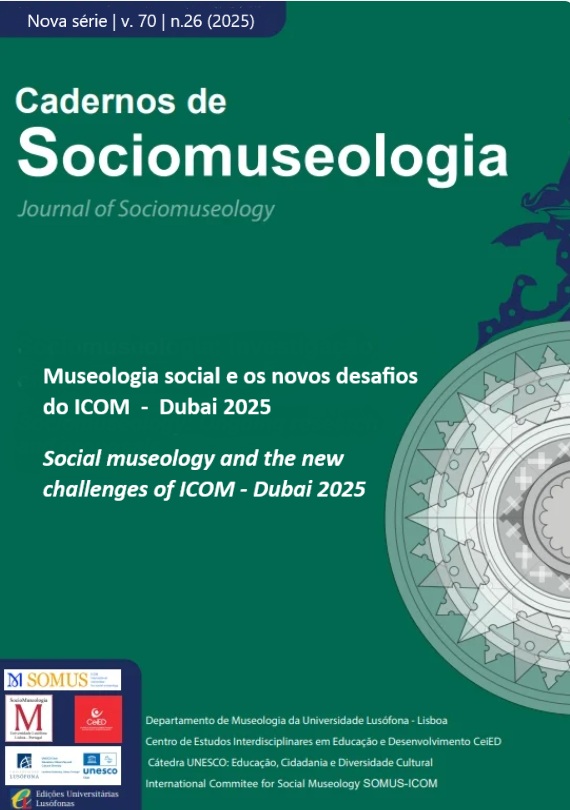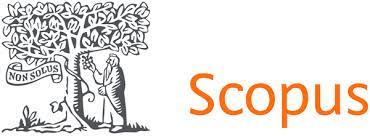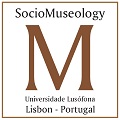Affective Memory and Migration: Reflections for Ethics in Social Museology
Abstract
This article presents a situated reflection on affective memory as the foundation of a shared museological ethics, particularly in contexts shaped by migration, forced displacement and the collective construction of belonging. Based on the museum definition adopted by ICOM (2022) and the UNESCO Recommendation concerning the Protection and Promotion of Museums and Collections, their Diversity and their Role in Society (2015), the article outlines an approach that understands memory as affect in circulation and symbolic territory. Within these spaces, resistance is built and social bonds are reconstituted. The concept of escrevivência, as formulated by Conceição Evaristo, guides the listening of lived experience as a legitimate source of knowledge, especially in contexts marked by multiple layers of exclusion and silencing. Subtly interwoven throughout the text, a paraphrase of the hummingbird parable offers ethical and poetic inspiration. In the face of violence that affects migrant populations across various parts of the world, the article advocates for a social museology based on care, grounded in modest gestures that restore bonds and recognise belonging.
Keywords:
Human rights; social museology; affective memory; migration; interculturality.
Downloads
Authors retain copyright and grant the journal right of first publication with the work simultaneously licensed under aCreative Commons Attribution License that allows others to share the work with an acknowledgement of the work's authorship and initial publication in this journal.













